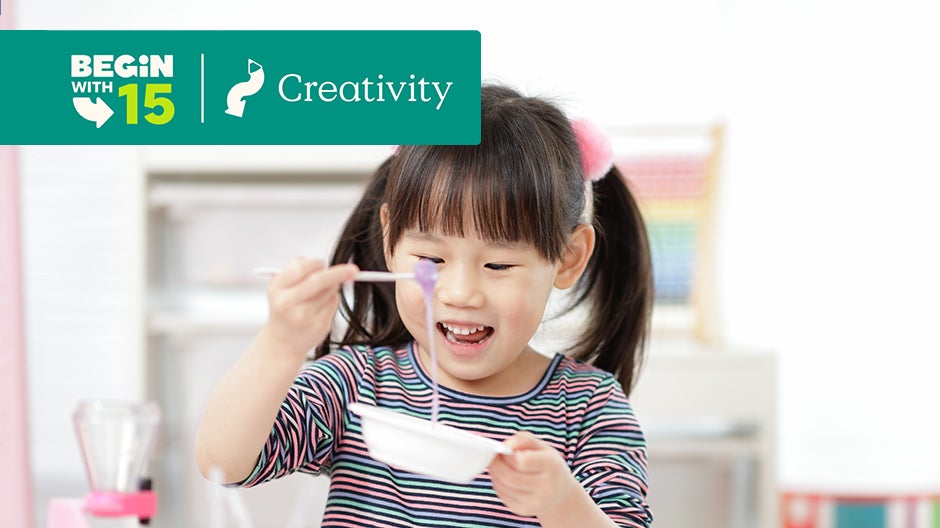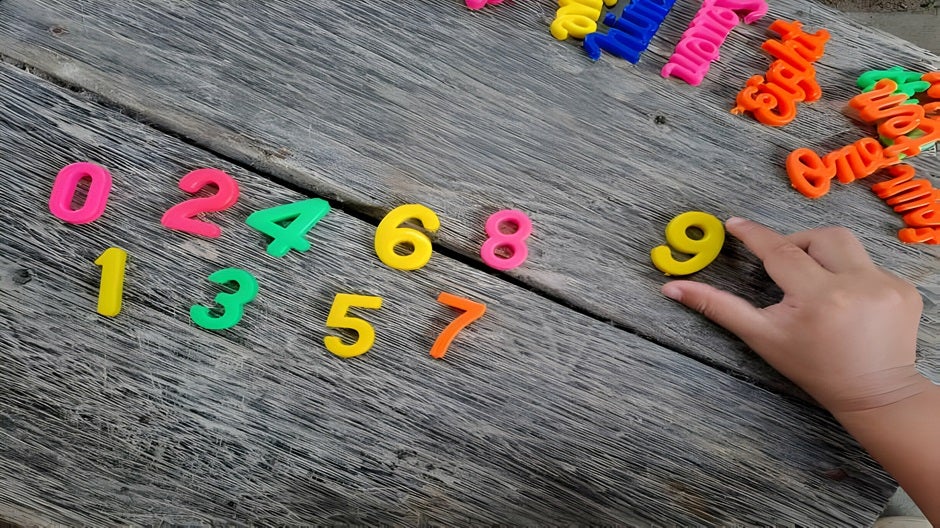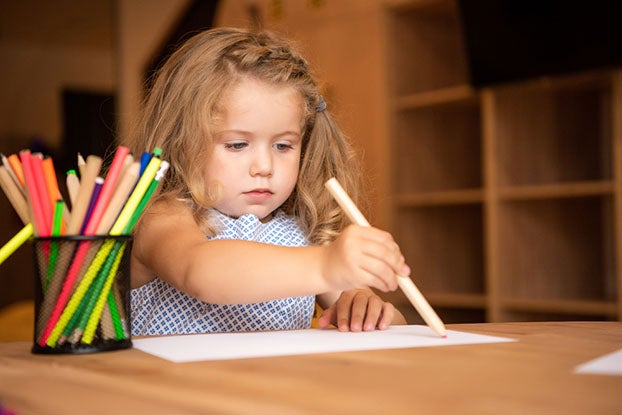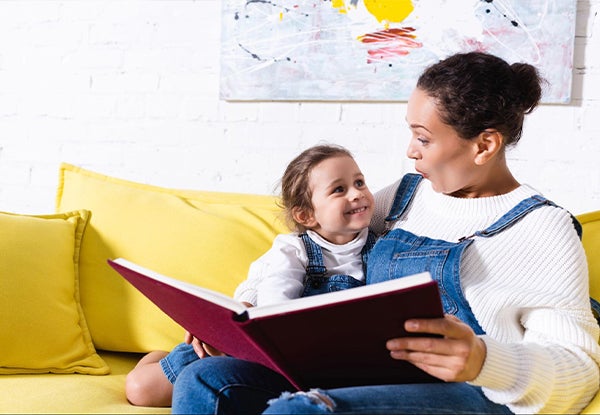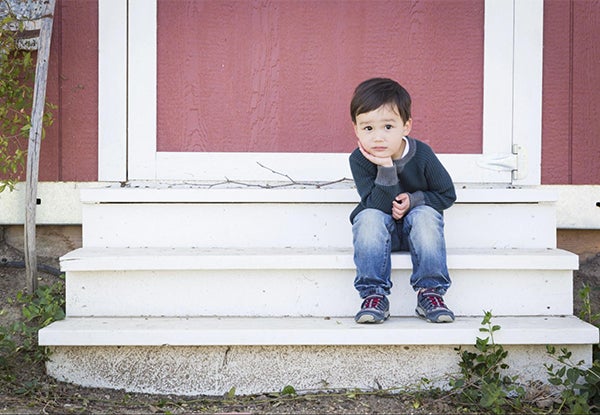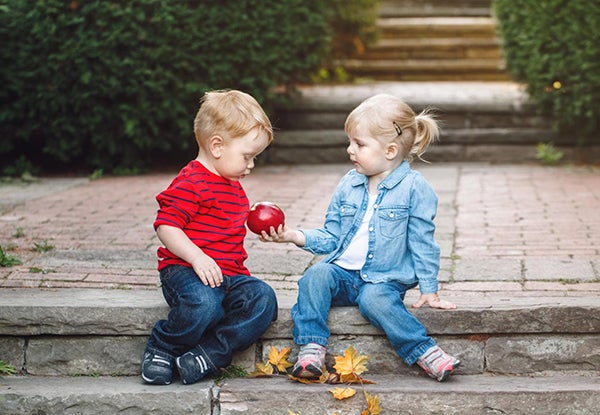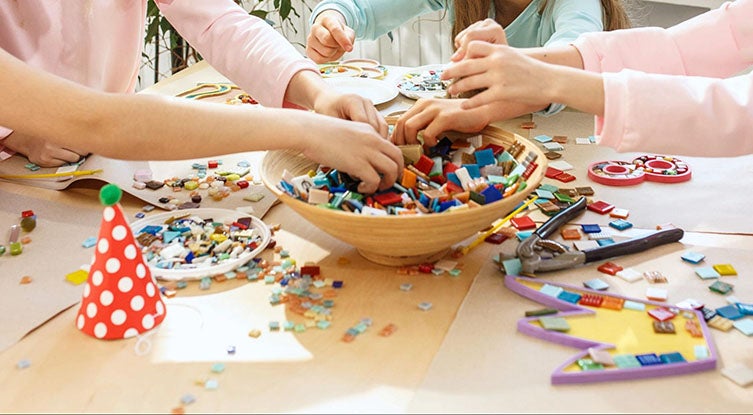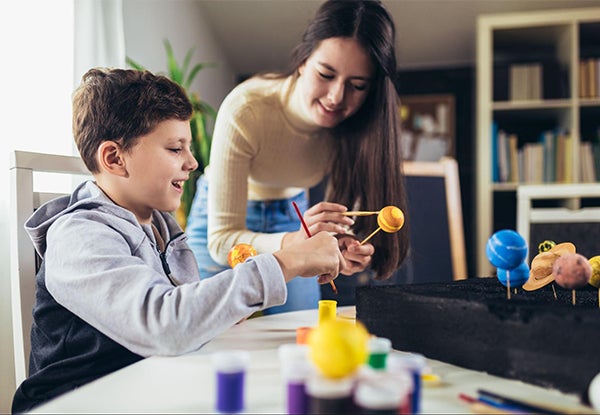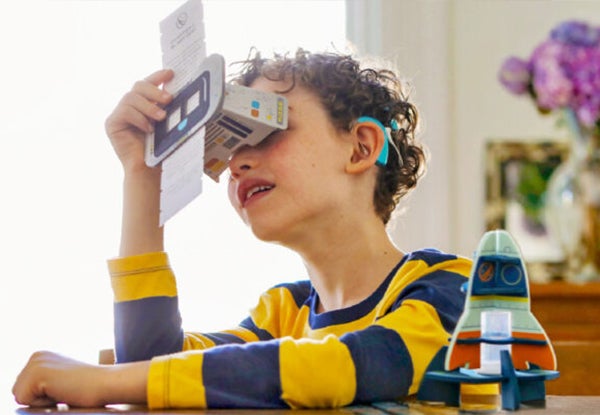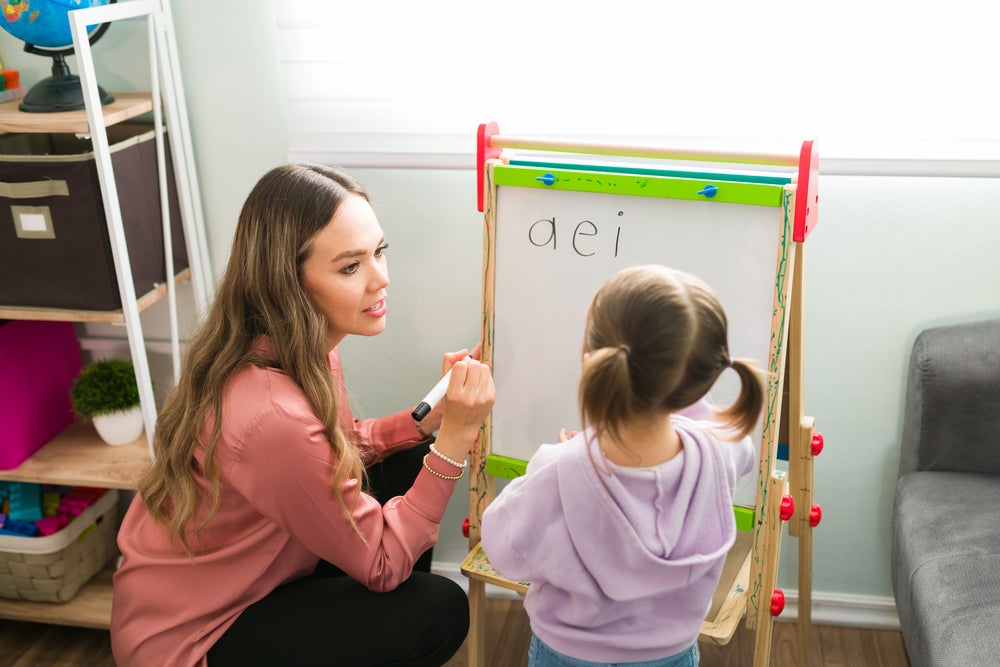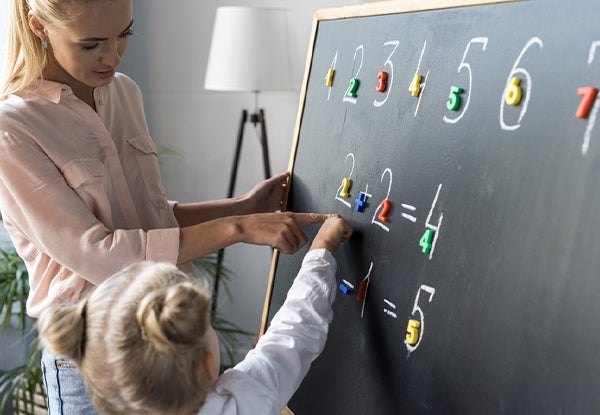It might sound obvious, but a strong early start in reading and math is crucial for young children. Early math and literacy skills are highly predictive of later success in school and beyond. In fact, research shows that children who read for pleasure are more likely to do better in reading AND math than children who don’t.
How does reading help with math?
Reading builds background knowledge, vocabulary, and syntax that helps us describe and understand mathematical relationships. For example, successfully completing math word problems requires reading them accurately and comprehending what you are reading. For both domains, children must learn complex symbols and their meaning. In math, that means paring numerals like 3 to ‘threeness’ and letters like A to their sound ‘ah’ as well as a set of rules like when 3 is followed by a 0, it changes the meaning. Finally, both reading and math build cognitive skills like problem solving and critical thinking.
Finding ways to engage kids with both reading and math is a great way to strengthen both domains and apply learning to new contexts.
Tips to help build your child’s math, reading, and language skills:
- Share songs, rhymes, and stories (physical and digital) about mathematical concepts. The repetition in songs and rhymes will help the math concepts ‘stick’ and the narratives found in stories will help bring the math to life.
- Allow children opportunities to describe their mathematical thinking or problem solving strategies out loud. I once was working with a child who was convinced that three plus four made six. When asked to explain her thinking, she not only realized her error but she moved beyond spitting back memorized number facts to a deeper conceptual understanding of addition.
- Help incorporate math language into their everyday life. If your child says “I have so many crackers!” respond with, “You do have so many! Let’s count them together. What will happen if you eat one?” this helps extend beyond numbers and symbols to explore math in different contexts, whether it be routines, play, art, science.

